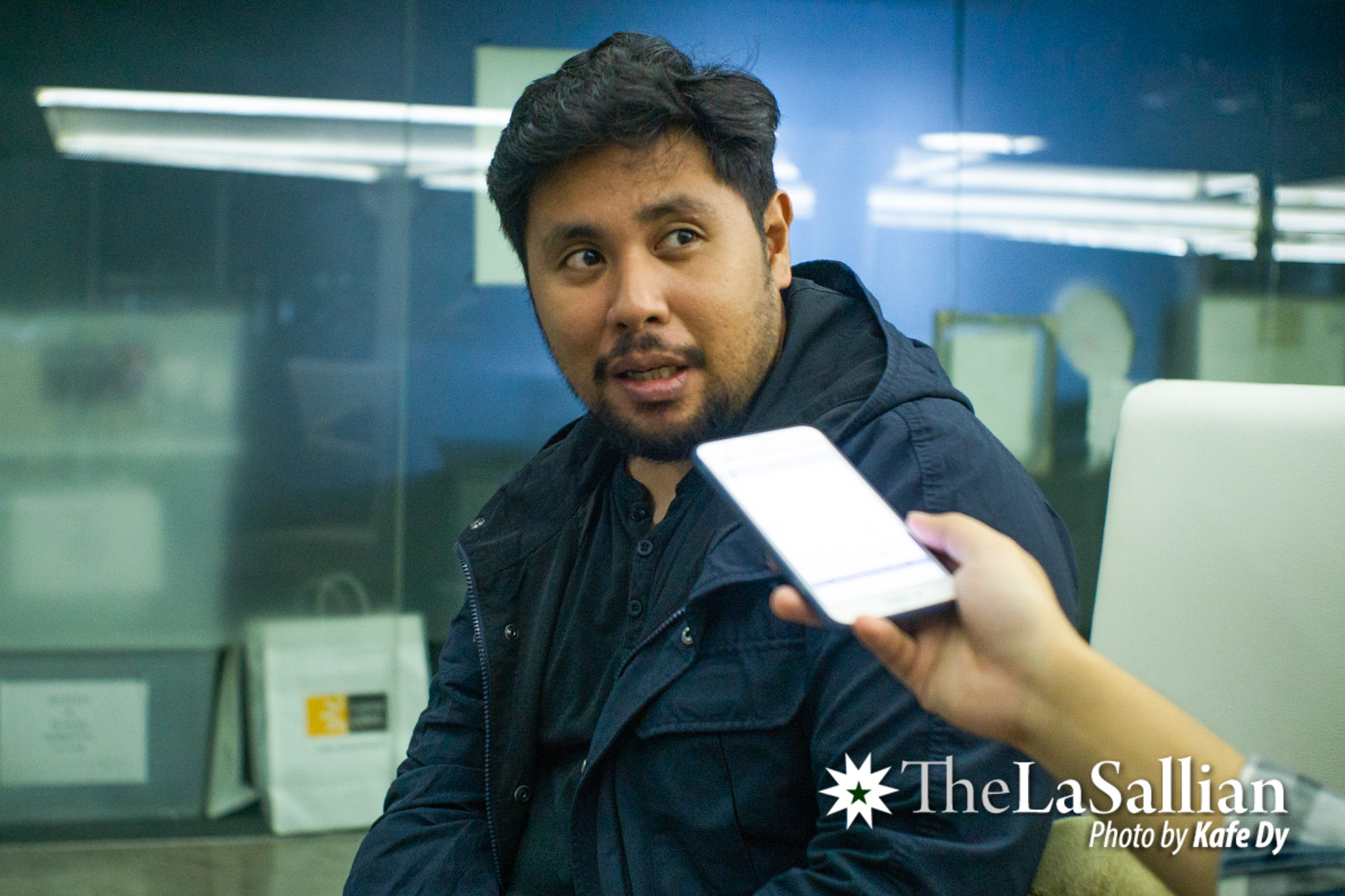Self-driving cars, three-dimensional printing, fiber optics, bluetooth technology, and social media—these are just some of the innovative solutions and technologies that have shaped the 21st century. Greatly influencing how the world works, these advancements disrupted the monotony of established systems and workings; they paved the way for societal change. However, innovations are not limited to the sphere of science, technology, engineering, and mathematics (STEM). There are those that involve the process of developing and implementing solutions that address social issues through positive change—these are called social innovations.
For De La Salle-College of St. Benilde (DLS-CSB), the Hub of Innovation for Inclusion (HiFi) is the office that furthers such concept through new technologies and business ventures.

Works and ways
Established in 2016, HiFi’s mission is “to provide the open environment for curious minds to understand deeply systemic problems, creatively solve them, and champion its implementation.” Three years after, the office will now have its own innovation space in the form of the Peter D. Garrucho Jr. Innovations Institute, located along Pablo Ocampo St.
Community Management Head Mark Antiqueño explains in an interview with The LaSallian that the office concentrates on developing a specific type of output—disruptive innovations—which he defines as “innovations that forward inclusion.”
The hub exerts a lot of effort in molding the students and the faculties of DLS-CSB, as well as their partner organizations, rather than focusing solely on incubating actual innovations, as the office hopes to bridge the “growing gap between the rich and the poor, the able and unable” through different initiatives, which Antiqueño states “go beyond just those affiliated with STEM.”
To accomplish this, the office partners up with external organizations such as Ashoka, an organization that invests in “individuals with innovative and practical ideas for solving social problems”; the Asia Society for Social Improvement and Sustainable Transformation; and Startup Campus Korea to expand their options to carry out their advocacies.
“They (partner organizations) help us with our programs so that we can develop our incubatees’ values and skills development,” expresses Antiqueño.
Internally, on the other hand, he also reveals that interdepartmental partnerships are also catered by the office, which has enabled HiFi’s processes, framework, and philosophies to be introduced and integrated into the curriculum of some degree programs in the school.
Nurturing the roots
Originally, the process of idea pitching was done through Benilde Prize—a social innovation competition hosted by DLS-CSB—where both Benildeans and external participants compete for the chance to have their ideas actualized, reveals Antiqueño. Now, HiFi incubation has two streams: Benilde Prize, the external incubation; and the HomebrewEd Program, where Benildean projects and products are facilitated.
“Every trimester, we hold a call for ideas for the HomebrewEd Program. They (those pitching ideas) don’t need to be Benildeans that are studying—they could be alumni, or a group with a Benildean member; it could [also] be a faculty or an associate,” says the community management head.
HiFi Director Abigail Cabanilla affirms that there has been a steady increase and influx of individuals and teams that share their ideas and apply for incubation, and mentions that the office has accommodated “overwhelming attendance” from both members of the academe and the corporate world.
In terms of determining which ideas to cater, the community management head reiterates that the office does not just cater to STEM-related pitches, “Whatever solves the problem solves the problem—that’s our mantra. We go for impact rather than the material. We don’t limit ourselves; we just consider what can actually help address the problems.”
Overcoming hurdles
Even before HiFi’s establishment, the introduction of the concept of social innovation to the Benildean community proved to be a struggle, mostly due to the framework they teach are those not patterned after academic mediums.
“Much of the tools that we were using in helping our incubatees were all industry-based. There was a sort of challenge there because of course academics [having] to have its rigor,” quotes Antiqueño, and continues that despite these, the office believes in their processes.
Cabanilla shares that another major challenge for the team was encouraging their incubated teams to get out of the academic mold of thinking and instead “embrace the mindsets and skills of being venturers, founders, and entrepreneurs.”
Deepening the understanding
The HiFi director explains that working toward innovation is a “culture-building work”, and that there is a necessity to continuously build understanding and alignment to address challenges that may arise. “Introducing new mindsets means change, and most of [the] time, people and institutions are averse to change. This is the reason why a big work of HiFi is really culture-building,” Cabanilla affirms.
In fact, she considers the term “innovation” a buzzword, claiming that it has had its fair share of being misused and misunderstood, “One of our major challenges is to make sure Benilde crafts clarity and alignment in our understanding of what innovation is and what social innovation is for. Alignment in vocabulary [was] the first big step.”
